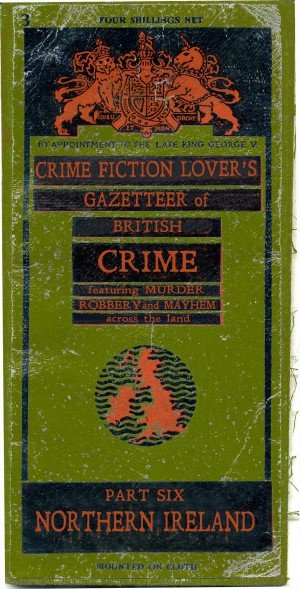 It’s been a couple of months since the last instalment of our gazetteer, and in the time that’s elapsed we’ve been wandering and… um… finding some really good crime novels all over the UK. Naturally! At last we’re back and at this stormy time of year it’s fitting that we should take you to the most tumultuous part of the United Kingdom – Northern Ireland. In case you’ve missed our previous gazetteer entries, we’ve been to the West Midlands, North East, South West, East Anglia and Scotland. Come back soon to discover our next destination, but for now we’re heading Belfast way.
It’s been a couple of months since the last instalment of our gazetteer, and in the time that’s elapsed we’ve been wandering and… um… finding some really good crime novels all over the UK. Naturally! At last we’re back and at this stormy time of year it’s fitting that we should take you to the most tumultuous part of the United Kingdom – Northern Ireland. In case you’ve missed our previous gazetteer entries, we’ve been to the West Midlands, North East, South West, East Anglia and Scotland. Come back soon to discover our next destination, but for now we’re heading Belfast way.
Part 6: Northern Ireland
Antrim, Armagh, Down, Fermanagh, Londonderry and Tyrone are the six counties of Northern Ireland, a land where there have been more killings, more bitter disputes and more hatred between neighbours than in any other part of Britain. The political and religious feuds between Protestants and Catholics have been immense. Little wonder then, that crime fiction from Northern Ireland has a uniquely hard edge, with none of the whimsy and Celtic feel-good that writers from the Republic of Ireland sometimes draw on. Here are four writers who, in different ways, speak for their heritage.
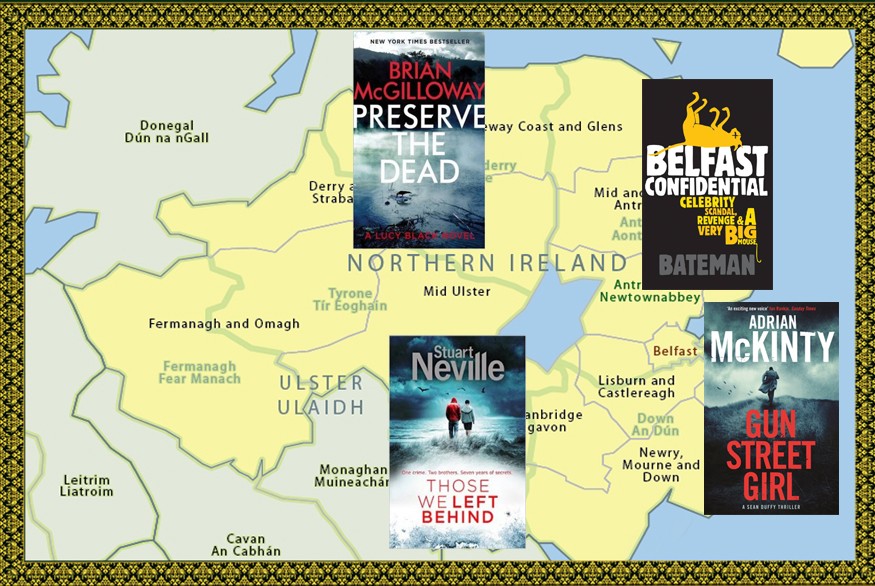
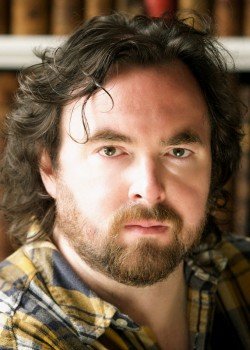 Stuart Neville has created memorable heroes in his Belfast police procedurals. DS Serena Flanagan – Those We Left Behind – is a woman who has survived breast cancer, but is fighting a different battle with the emotional scars left by the disease, while DI Jack Lennon’s wounds are the result of bullets – The Final Silence. In what many critics believe to be his most powerful work, however, Neville goes south of the border where Ratlines exposes the deep ambiguities embedded within Eire’s neutral stance during World War II. Neville introduces controversial real life characters into the 1963 narrative. Charles Haughey is the justice minister who went on to become Taoiseach, while Nazi hitman Otto Skorzeny and Breton separatist Célestin Lainé have both been given political asylum in The Republic. Neville spoke to us shortly after Ratlines was published, and you can read the interview here.
Stuart Neville has created memorable heroes in his Belfast police procedurals. DS Serena Flanagan – Those We Left Behind – is a woman who has survived breast cancer, but is fighting a different battle with the emotional scars left by the disease, while DI Jack Lennon’s wounds are the result of bullets – The Final Silence. In what many critics believe to be his most powerful work, however, Neville goes south of the border where Ratlines exposes the deep ambiguities embedded within Eire’s neutral stance during World War II. Neville introduces controversial real life characters into the 1963 narrative. Charles Haughey is the justice minister who went on to become Taoiseach, while Nazi hitman Otto Skorzeny and Breton separatist Célestin Lainé have both been given political asylum in The Republic. Neville spoke to us shortly after Ratlines was published, and you can read the interview here.
 Colin Bateman is a prolific writer of children’s fiction, screenplays, and crime novels. Born in the commuter town of Newtownards near Belfast, he is best known in crime fiction for his series of novels featuring journalist Dan Starkey. Starkey first appeared in Fire and Brimstone (1995) and most recently, The Dead Pass (2014) Bateman’s latest novel, Papercuts, is due out this year, and is once again set in the overlapping worlds of crime and journalism. Belfast Confidential, pictured on the map, is the seventh Dan Starkey story and portrays what unfolds when Starkey becomes editor of a magazine described as ‘a cross between Private Eye and Hello’.
Colin Bateman is a prolific writer of children’s fiction, screenplays, and crime novels. Born in the commuter town of Newtownards near Belfast, he is best known in crime fiction for his series of novels featuring journalist Dan Starkey. Starkey first appeared in Fire and Brimstone (1995) and most recently, The Dead Pass (2014) Bateman’s latest novel, Papercuts, is due out this year, and is once again set in the overlapping worlds of crime and journalism. Belfast Confidential, pictured on the map, is the seventh Dan Starkey story and portrays what unfolds when Starkey becomes editor of a magazine described as ‘a cross between Private Eye and Hello’.
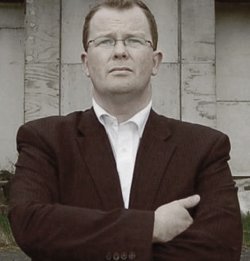 Brian McGilloway was born in the emblematic city of Derry in 1974, and has divided his professional life between writing and teaching. His two main characters sit on either side of the border between Ulster and the Republic of Ireland. His debut novel, Borderlands (2007), featured Inspector Benedict Devlin of the Republic’s An Garda Síochána, while Detective Sergeant Lucy Black has taken an oath to the British crown… well, in theory anyway. In Preserve the Dead, Derry copper Lucy has to unravel a peculiar crime knot which starts with a corpse being recovered from the River Foyle. Her problem is that the body has been perfectly preserved by a professional embalmer.
Brian McGilloway was born in the emblematic city of Derry in 1974, and has divided his professional life between writing and teaching. His two main characters sit on either side of the border between Ulster and the Republic of Ireland. His debut novel, Borderlands (2007), featured Inspector Benedict Devlin of the Republic’s An Garda Síochána, while Detective Sergeant Lucy Black has taken an oath to the British crown… well, in theory anyway. In Preserve the Dead, Derry copper Lucy has to unravel a peculiar crime knot which starts with a corpse being recovered from the River Foyle. Her problem is that the body has been perfectly preserved by a professional embalmer.
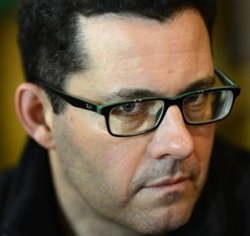 Adrian McKinty is from Carrickfergus but has left his homeland. He moved to the USA after graduating, and taught in American high schools before ending up in Australia. He now lives in Melbourne and has in fact won the country’s Ned Kelly award for his work about his fictional Catholic cop Sean Duffy. Duffy is a DI in the Royal Ulster Constabulary in the 1980s – the last place a Catholic wants to be – but he usually finds that sectarian problems are easily dealt with compared to the high level conspiracies that he tends to uncover. The latest in the series, Rain Dogs, is undeniably the best, but In the Morning I’ll be Gone (2014). For a bizarre diversion, try his fascinating story The Sun is God set in Papua New Guinea in 1906. It features a young policeman stranded in what can only be called a tropical hell-hole, where he must solve a murder in a community of deluded European sun worshippers.
Adrian McKinty is from Carrickfergus but has left his homeland. He moved to the USA after graduating, and taught in American high schools before ending up in Australia. He now lives in Melbourne and has in fact won the country’s Ned Kelly award for his work about his fictional Catholic cop Sean Duffy. Duffy is a DI in the Royal Ulster Constabulary in the 1980s – the last place a Catholic wants to be – but he usually finds that sectarian problems are easily dealt with compared to the high level conspiracies that he tends to uncover. The latest in the series, Rain Dogs, is undeniably the best, but In the Morning I’ll be Gone (2014). For a bizarre diversion, try his fascinating story The Sun is God set in Papua New Guinea in 1906. It features a young policeman stranded in what can only be called a tropical hell-hole, where he must solve a murder in a community of deluded European sun worshippers.







A minor geographical quibble for gazetteers everywhere: Northern Ireland may be part of the UK but it isn’t in Britain.